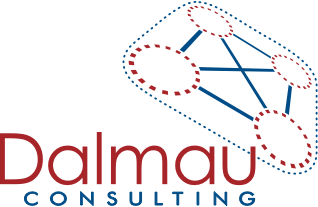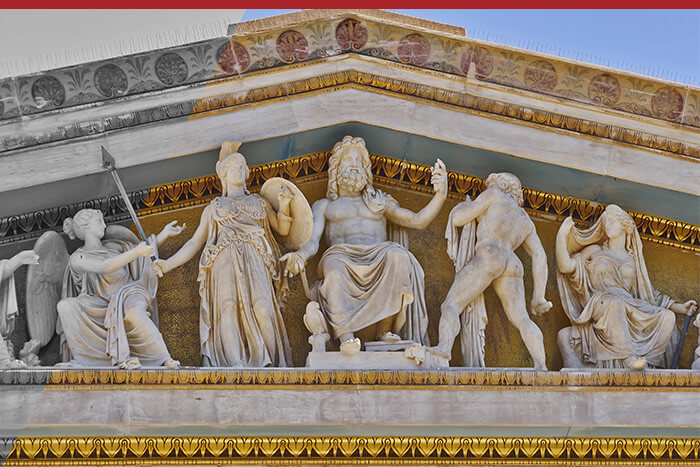In my book with Bernie Neville, Olympus Inc we sought to present some windows through which we can view organizational dynamics, and from these find doorways to enter the life of organizations in order to influence them.
One of the windows we chose was unconscious processes and how they influence human behavior. Understanding the power of the unconscious owes much to the research and thinking of Freud and Jung. We pointed to the ways in which our thoughts and actions are shaped by energies that are totally outside our awareness.
Archetypal psychology
Wilfred Bion was another in the psychodynamic tradition like Jung and Freud, but his interests were focused on group relations rather than individuals. He explored the unconscious and sometimes invisible dimensions of group life, which he believed was an important element to maintaining a sense of the groups as a whole.
Organizational behavior, like individual behavior, is archetypally patterned. In Jungian psychology, archetypal patterns are understood as manifestations of collective unconscious processes. In our experience we are struck by evidence of recurring patterns of thinking, feeling and behaving that are evident in the behavior of organizations.
Archetypal psychology’s preferred approach to understanding the unconscious patterns at work in an organization is through exploration of the organization’s myth. Myth is generally more powerful than history. It resists or distorts ‘the facts’ with great tenacity. Organizational myths are vehicles for understanding the images that drive and grip organizations. They are manifestations of archetypal patterns, which become grouped into mythologies, and mythologies are particularly fertile fields for the person seeking an understanding of the unconscious in organizations.
Greek Gods
The use of the Greco-Roman gods as metaphors for different perspectives on life, different patterns of behavior, different constellations of values, needs, instincts and habits, has been conventional in most of European history. For thousands of years, human beings imagined the energies of the universe as gods.
The gods and myths of classical Greeks are the gods and myths of an urban, sophisticated, self-reflective people, with a complex social and political system, and a highly developed cultural life. The patterns we find in European culture in the late 20th and early 21st Century are not entirely new patterns, and hence they provide us with useful god-images or archetypes to help us better understand the unconscious patterns at work in modern organizations.
Each of the god-images personifies a different way of apprehending and comprehending the world.
Organizational god-images
Bernie Neville and I settled on sixteen gods of organization, from a longer list. Each of the god-images within the Greek pantheon represents a powerful inner pattern at the level of the deep unconscious within a group or organization.
Each is complex and multi-dimensional, and resists a summary statement; nonetheless some such statement seems warranted. The description is based on the personality of the god as represented in classical Greek mythology, and on their experience of imposing this particular template on the organizations with which we have worked.
So let me introduce them.
| Aphrodite | An organization that focuses on beauty and pleasure, that seeks to be admired and desired. |
| Apollo | A rationally structured organization that seeks clarity, understanding and meaning in all its activities. |
| Ares | An organization in which people challenge and are challenged, in which energy is expressed through activity. |
| Artemis | An organization that focuses on achieving harmony with nature, an environment in which the affirmation and protection for ‘feminine’ values is privileged. |
| Athena | An organization that is characterized by cooperation, the sharing of power, the manifestation of balanced and practical wisdom. |
| Demeter | An organization that mother’s and nourishes its members. |
| Dionysos | An organization that values growth, emotional excitement, spiritual experience, and rewards creativity and spontaneity. |
| Eros | An organization that focuses on intimacy and community, in which people can express their need to love and be loved. |
| Hades | An organization characterized by extreme indifference and apathy; an organization from which life has departed. |
| Hephaistos | An organization devoted to the values of work, skill and craft excellence. |
| Hera | An organization that demands great commitment from its members, in which the members give organizational loyalty precedence over their individual needs. |
| Herakles | An organization that sees itself involved in an heroic struggle. |
| Hermes | An organization focuses on communication, process and transition, and which abhors regulation. |
| Hestia | An organization characterized by quiet, focused, centred and receptive activity in the service of others. |
| Prometheus | An organization with a mission to save humanity through the application of technology. |
| Zeus | An organization based on centralized power. |
In the following months we will look at each of these gods more closely, pointing to the ways their presence and activity is discernable in organizations. Though we will treat the gods separately, we acknowledge that they never act alone. Even in organizations dominated by a particular god, the other gods are making their presence felt and the dynamics of organizational life echo the constant squabbling of the gods.
Tim Dalmau







